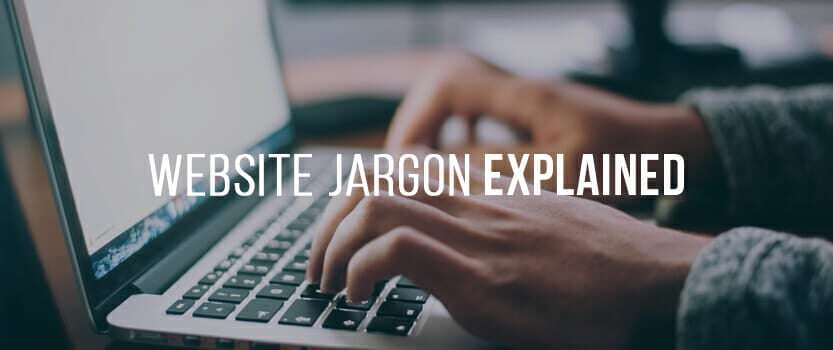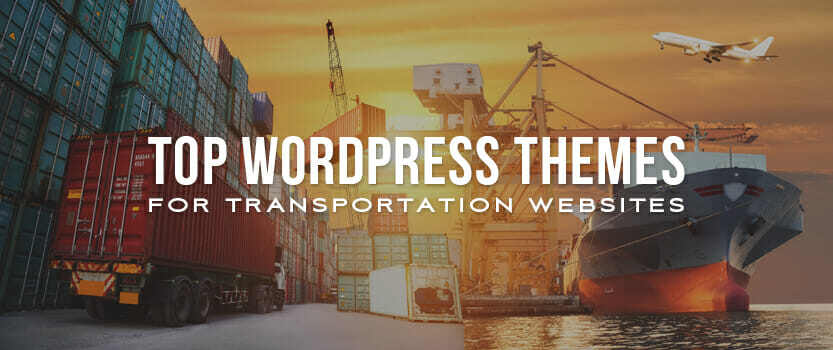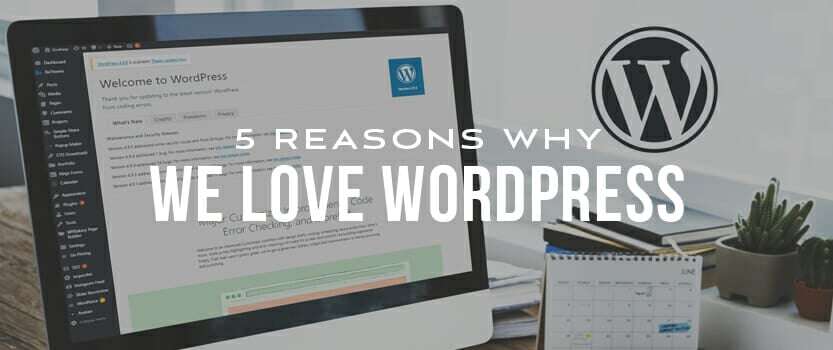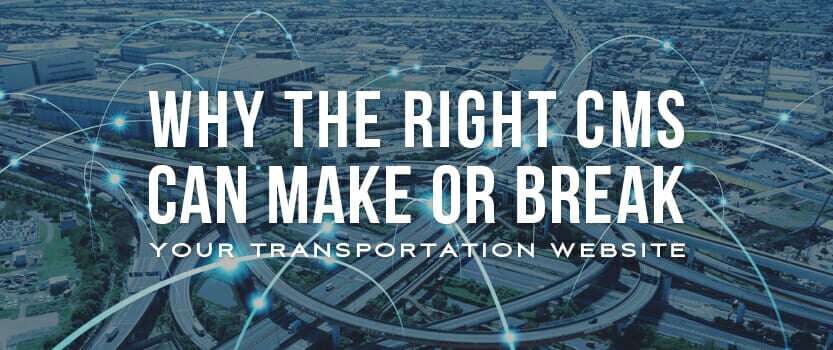3 min read
Learn Website Terminology, Definitions & Jargon
The jargon we use at the office might not be something business owners, marketing personnel, or the average Joe understands. It’s a technical...
Improve customer satisfaction and increase operational efficiency with a client portal.
Take control of your operations with customized software solutions.
Help your in-house dev team get more done, faster with our Midwest-based experts.
If you are planning on creating a website marketing your transportation website, you need to first understand the foundations of choosing a content management system (CMS).
With millions of transportation websites online, the best way to stand out from the rest of the competition is using CMS technology that best represents your brand in an interesting and engaging way.
At Onsharp, we are serious about helping our clients with presenting their websites in the best possible way. So, with our CMS experience, let us explain how the right CMS can make your transportation website stand out.
A CMS is any software that helps you manage online content. For example, WordPress, Squarespace and Wix are all Content Management Systems, because they help you keep track of and optimize your digital content, like your webpage, all in one place.
According to Seth Gottlieb, a veteran of web content management and a software developer for Amazon’s Alexa, there are four principles involved with choosing a web content management system:
Your website will need each of these pillars so that it can find success. Along with these pillars, an effective and easy-to-use website design is important as well. At Onsharp, we have built our reputation based on creating effective web designs for our clients. Check out this article for tips, and a better understanding of our design philosophy.
An example of a website upholding each of the four pillars is one we made for our friends, S&S Transport. They wanted a website that will increase their overall traffic. Thus, we did the following:
When you are selecting a CMS, there are also two main types of CMS platforms. Each CMS web application is distinct from the other and they provide different benefits. Evaluate your business model and decide which of the two will work best for your transportation website.
The best content management systems on the market are WordPress, Drupal, and Joomia. Each of them is a free CMS website that anyone can use. There are also plenty of helpful videos on the web to start learning how to use their CMS features effectively.
WordPress is of particular importance as it powers 34% of the web and is by far the most popular CMS. We have much experience in using WordPress for our websites, and if you want to learn more about the best transportation website themes, then refer to our article, “Top WordPress Themes for Transportation Websites” for more information.
Examples of proprietary CMS technologies are Adobe Experience Manager, Kentico, and SiteCore. Each of them does not have its source code available to the public, but by contacting their teams, they can provide further assistance in representing your brand.
When considering the best content management system for your transportation website, even if you have all the pillars intact and you picked out the right CMS, make sure you have sufficient funds.
If you want a transportation website with multiple complex features, such as a listing for job applications, a CMS customer management system, and an equipment sale and document upload pages, then invest money into gaining these programs.
But there is nothing wrong with opting for an Open Source CMS. Not only are the most popular ones free CMS systems, but they are flexible as well. The CMS features include having the freedom in editing pages whenever you want. If you have a business that is constantly evolving, then an Open Source CMS is your best option.
There are many factors contributing in getting your transportation website up and running and choosing a CMS that works best for you. Remember that our services are always available, and if you need any assistance in finding the right CMS and brainstorming ways to flesh out your website, then reach out to us for a consultation.

3 min read
The jargon we use at the office might not be something business owners, marketing personnel, or the average Joe understands. It’s a technical...

2 min read
WordPress is an incredibly popular CMS (content management system), and for good reason. With its easy usage, flexibility, and lack of a fee...

2 min read
At Onsharp, we’re all about creating beautiful websites that are easy to manage. We understand that employees at small businesses tend to...
